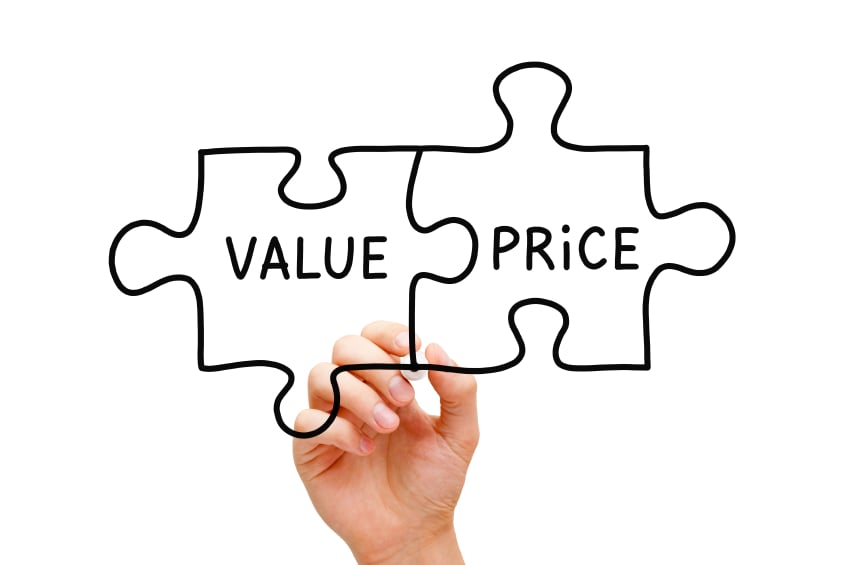
Everyone knows a business valuation is needed when it’s time to sell a business. But the specifics of why it’s necessary, and specifically how it can be used, are often misunderstood. These five insights will help you identify why a business valuation is so critical.
This post was inspired by a tremendous article written on Forbes.com by Steve Parrish. In this article, he lists why a business valuation is so important. I’m going to paraphrase Steve’s insightful checklist, and add a few thoughts of my own.
Before I do, keep in mind that we’re talking about an independent business valuation, not some financials that your accountant or CFO put together. Only by using an independent appraiser can you provide credible financials that all parties can agree upon (albeit sometimes grudgingly).
With that point in mind, here are the reasons why your business should value a business valuation:
1. Someone else will conduct one anyway. The business valuation is part science, part art. In other words, there is some subjectivity to it. If a bank or even (gulp) the IRS needs to run their own business valuation, you may not like the results.
As Parrish notes, if you’re selling or willing your business to your heirs, “The IRS may have an interest in valuing your business. In many cases, their valuation will be comparatively high, simply because a higher value means more tax revenue.
2. Your buyer may produce a questionable valuation. If you are in the process of selling your business, a potential buyer may produce a valuation geared to their best interests.
It could be a lower value, naturally, but as Parrish notes, it could also be a higher amount, offered “in anticipation that some of valuation premiums will be recovered through earn-out provisions.”
Everyone has a vested interest in that number. Using an appraiser that is truly independent removes the subjective nature of the exercise.

3. You can develop your retirement roadmap. We blog repeatedly about how so many business owners are not ready for retirement. The biggest reason? They simply don’t know how much money they’ll have for their golden years.
Why? Because they simply have no idea how much their company is worth. Even if you’re not planning on retiring in the next year or so, an independent valuation can give you a sense of how much money will be waiting for you down the line. This affects your retirement, your estate planning, everything.
4. You can shape your company strategy. Parrish brings up a good point about how a valuation can be used to shape your operation in many ways. For example, if you want to create a unique compensation plan, a valuation can give you the parameters.
“You now have a baseline value to use in deferred compensation arrangements, such as phantom stock and stock appreciation rights (SAR) plans,” he writes.
5. You can solve legal issues before they happen. Parrish also notes a valuation acts as a security measure to protect you if legal issues arise. For family businesses, he cites the instance of a family taking a case to the supreme court because of a discrepancy in the business valuation.
Establishing the value upfront can limit much political infighting and uncertainty in a situation. Yet it can only be accomplished if the appraisal is conducted by an independent party.

No comments:
Post a Comment